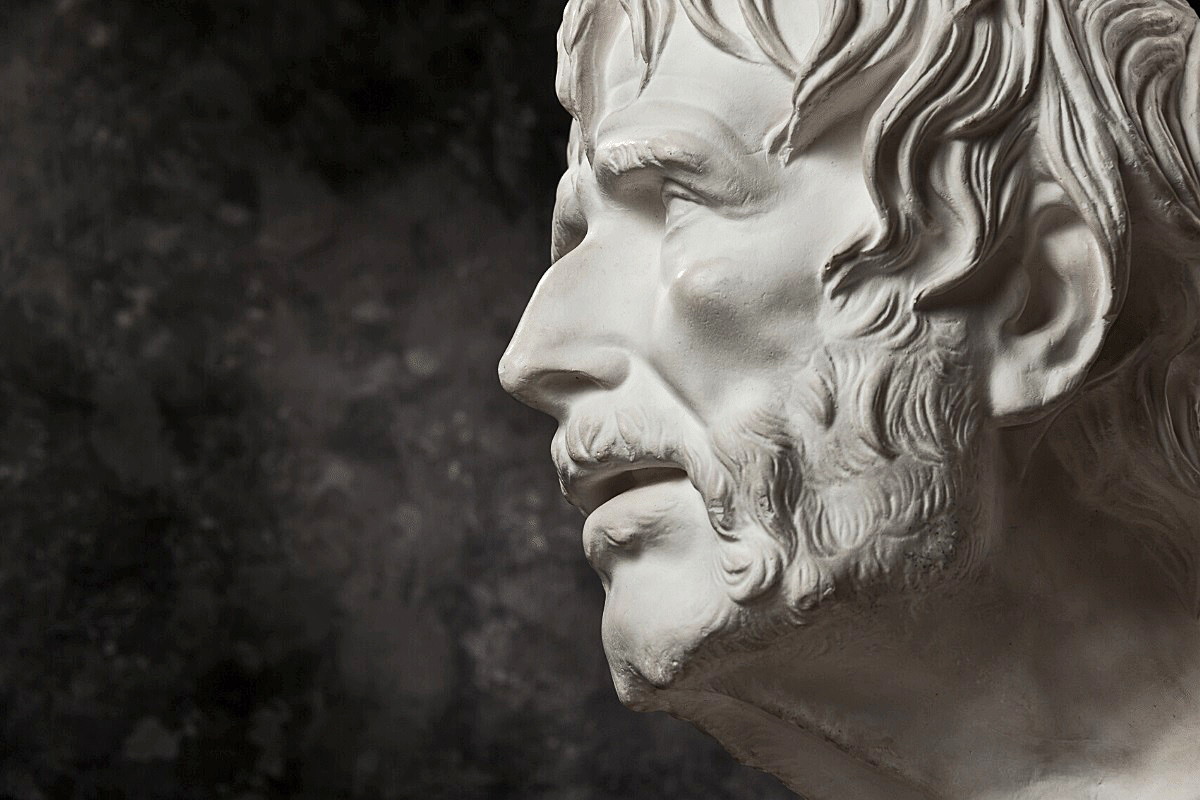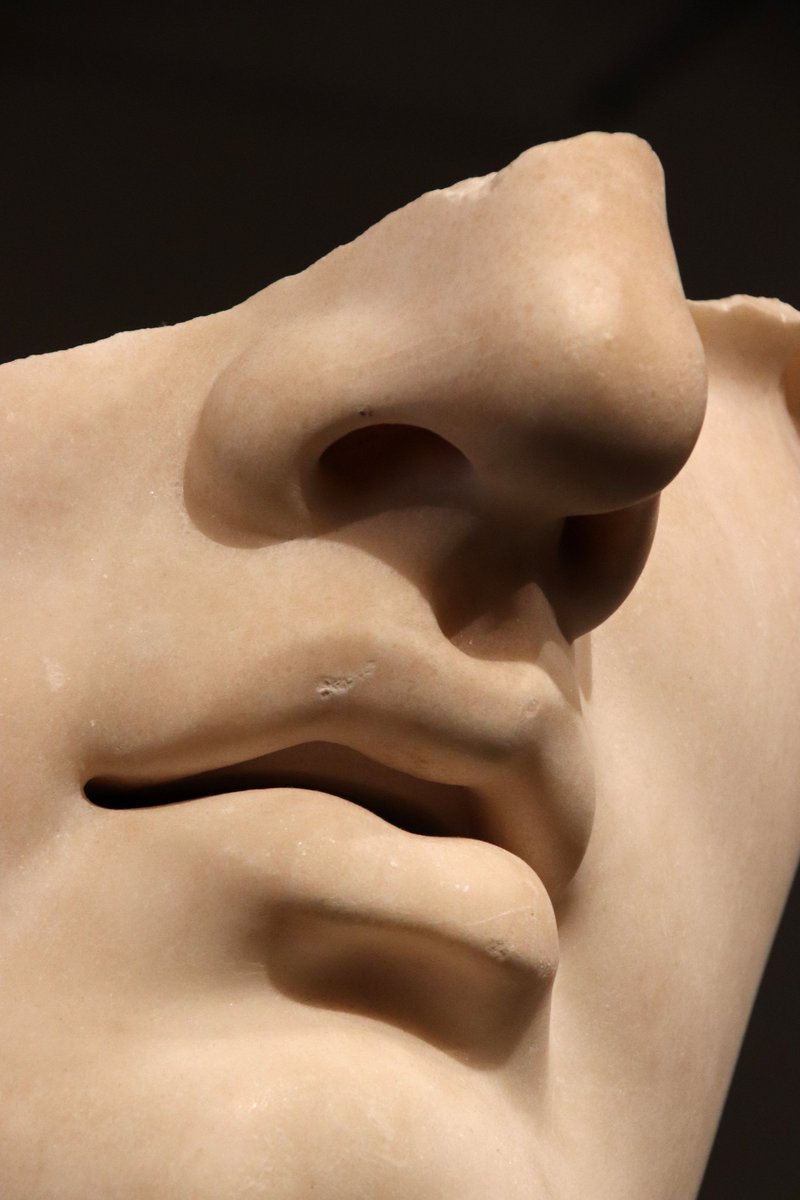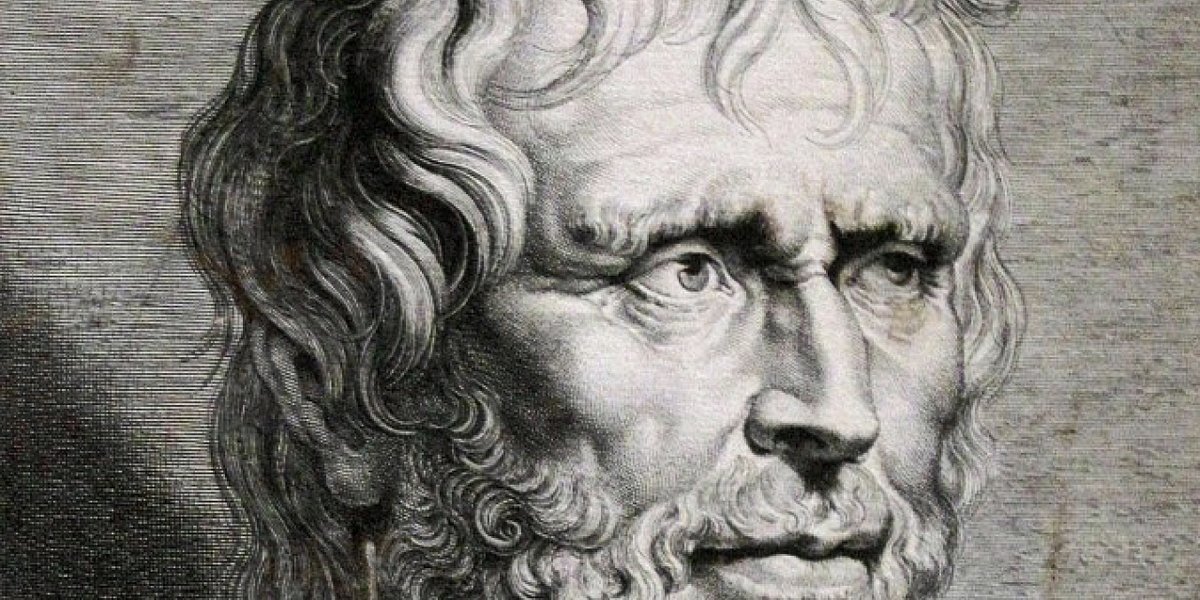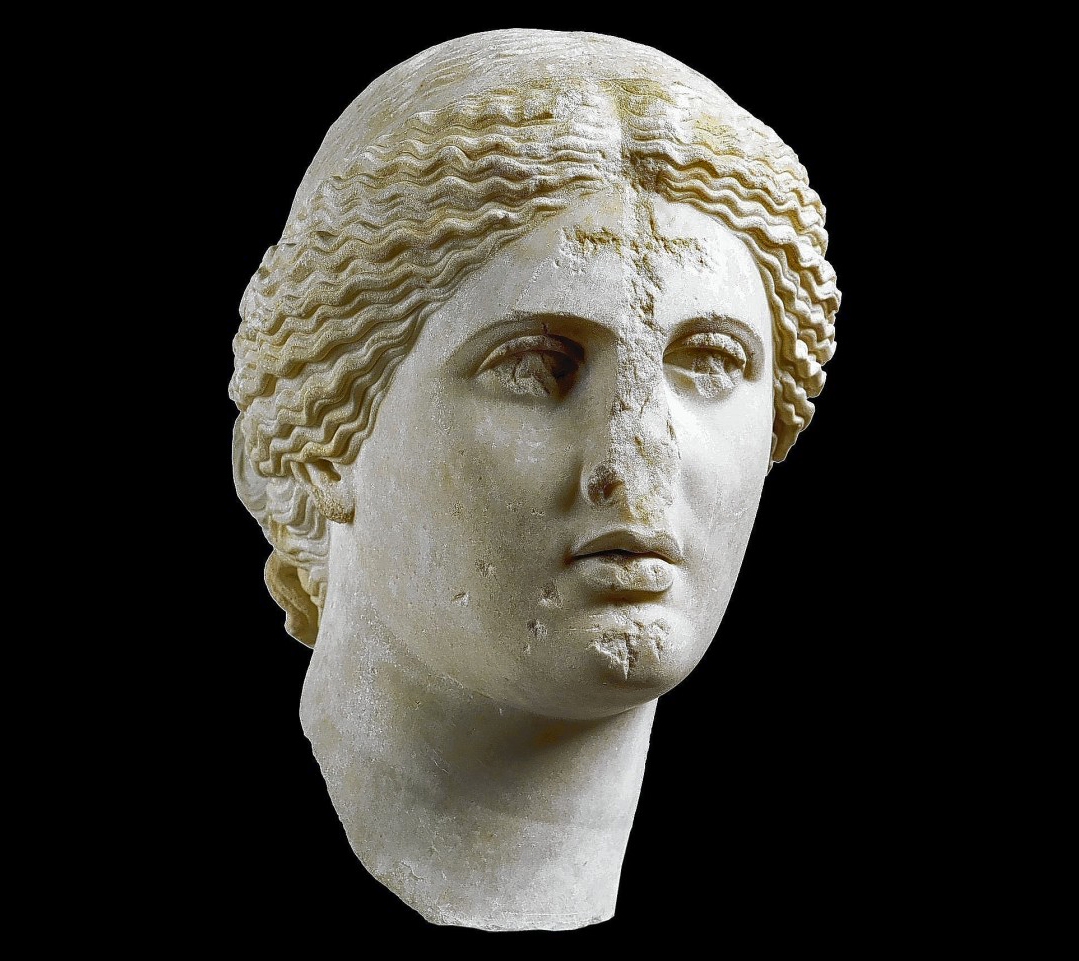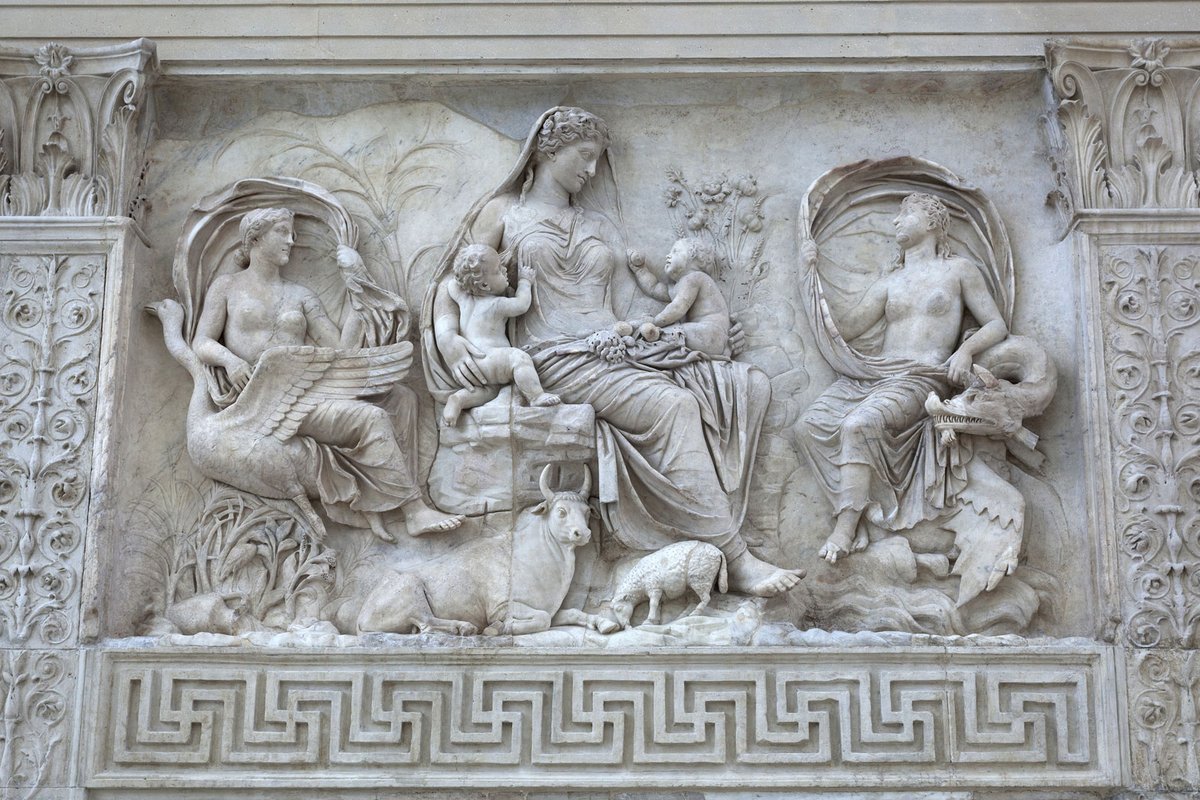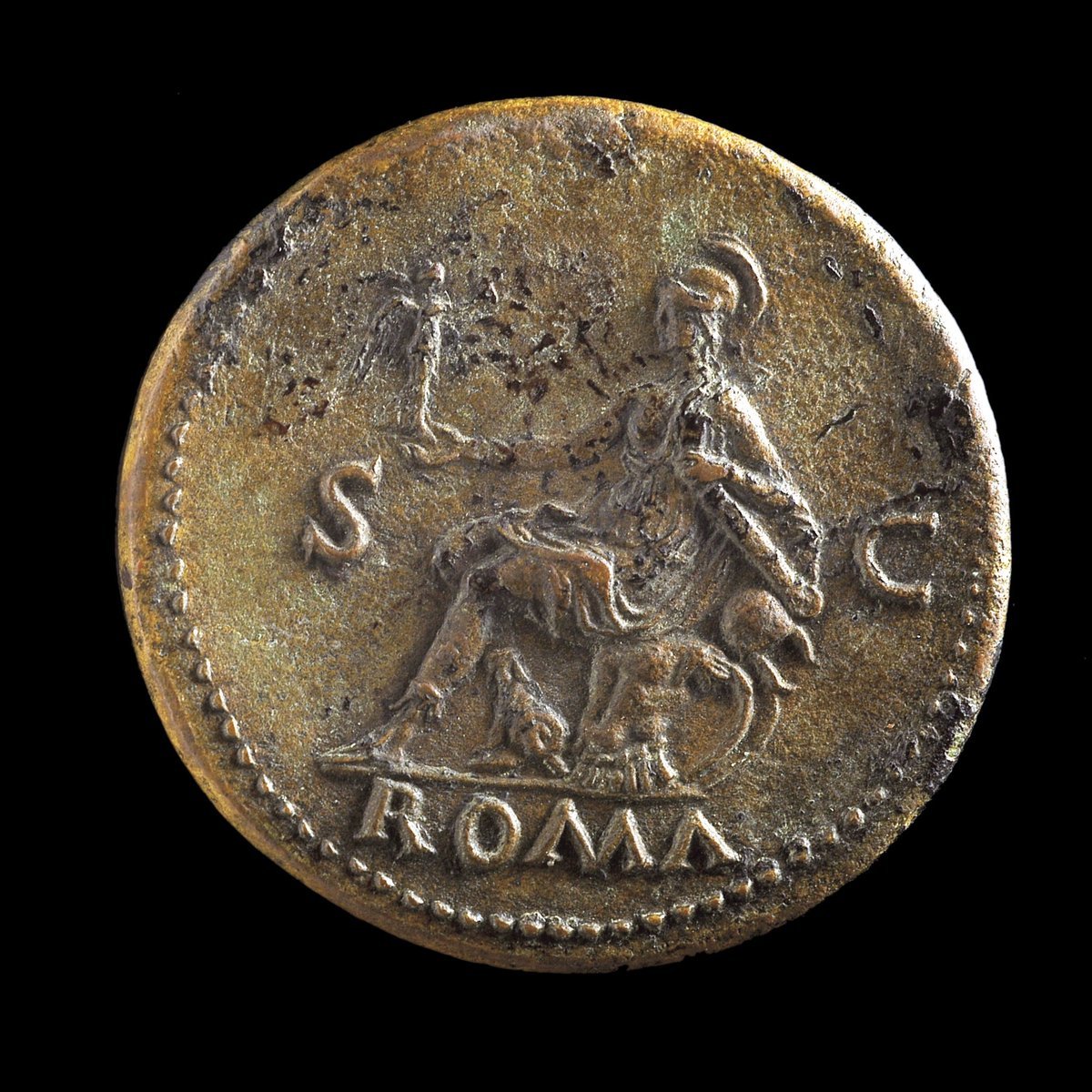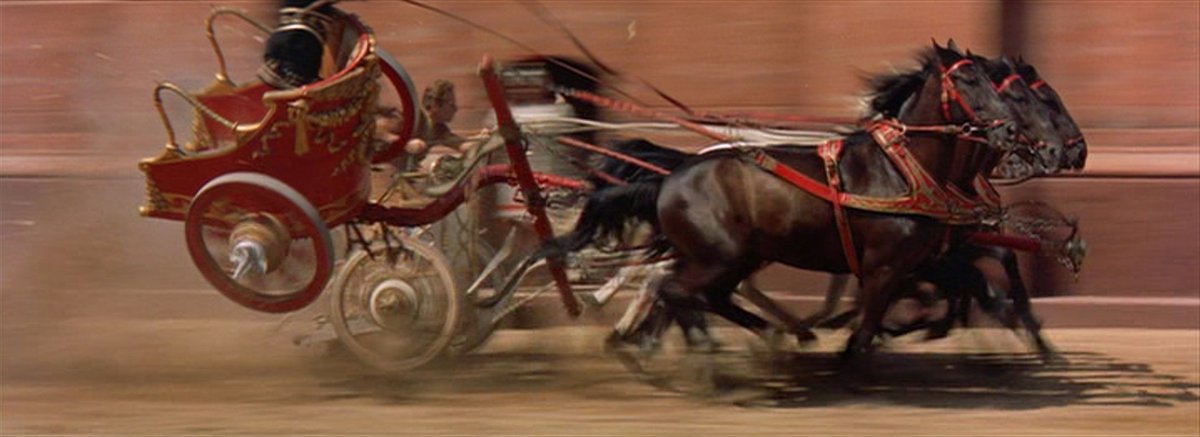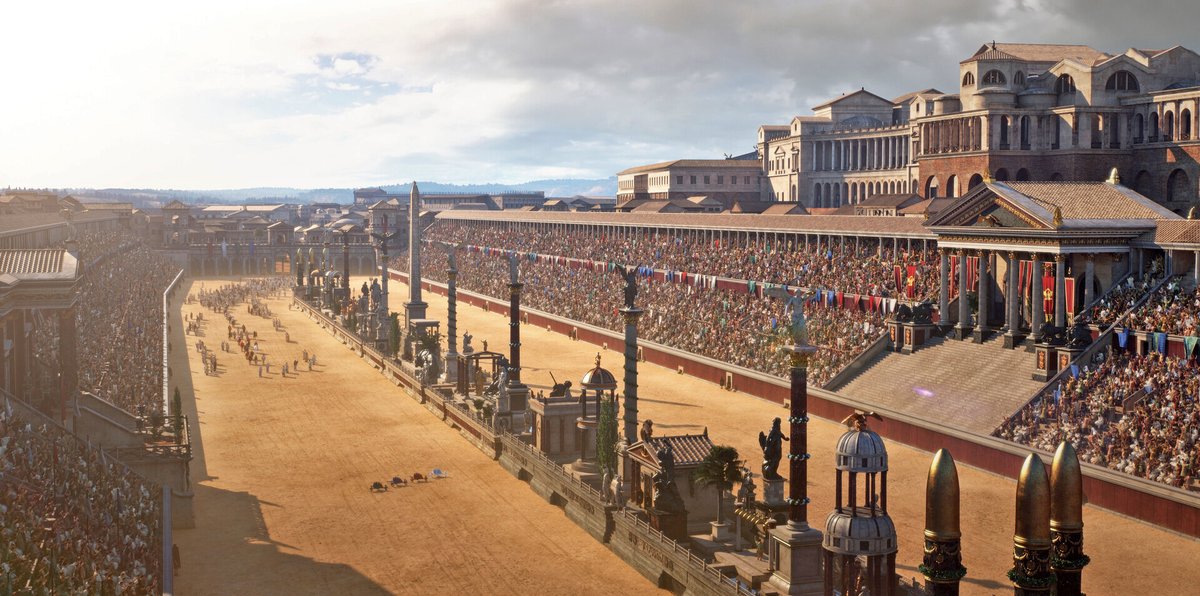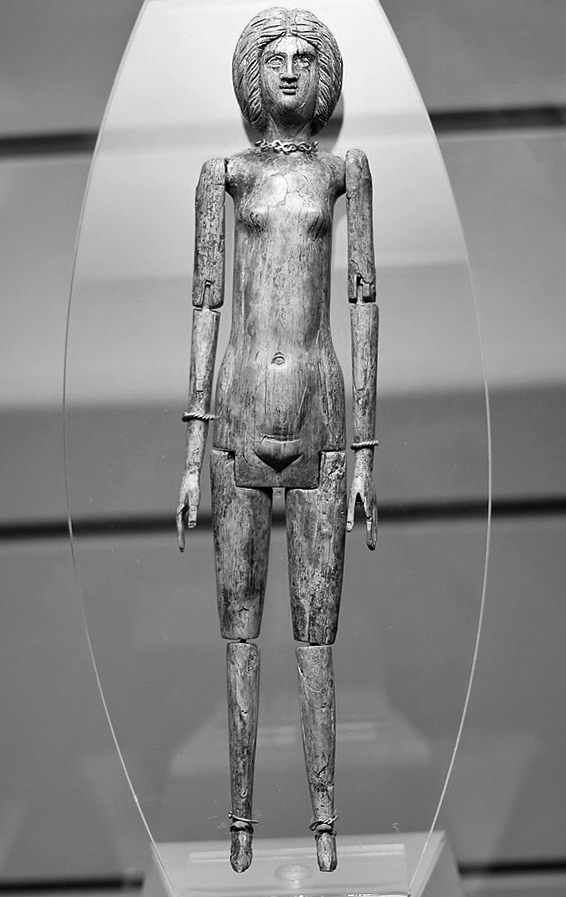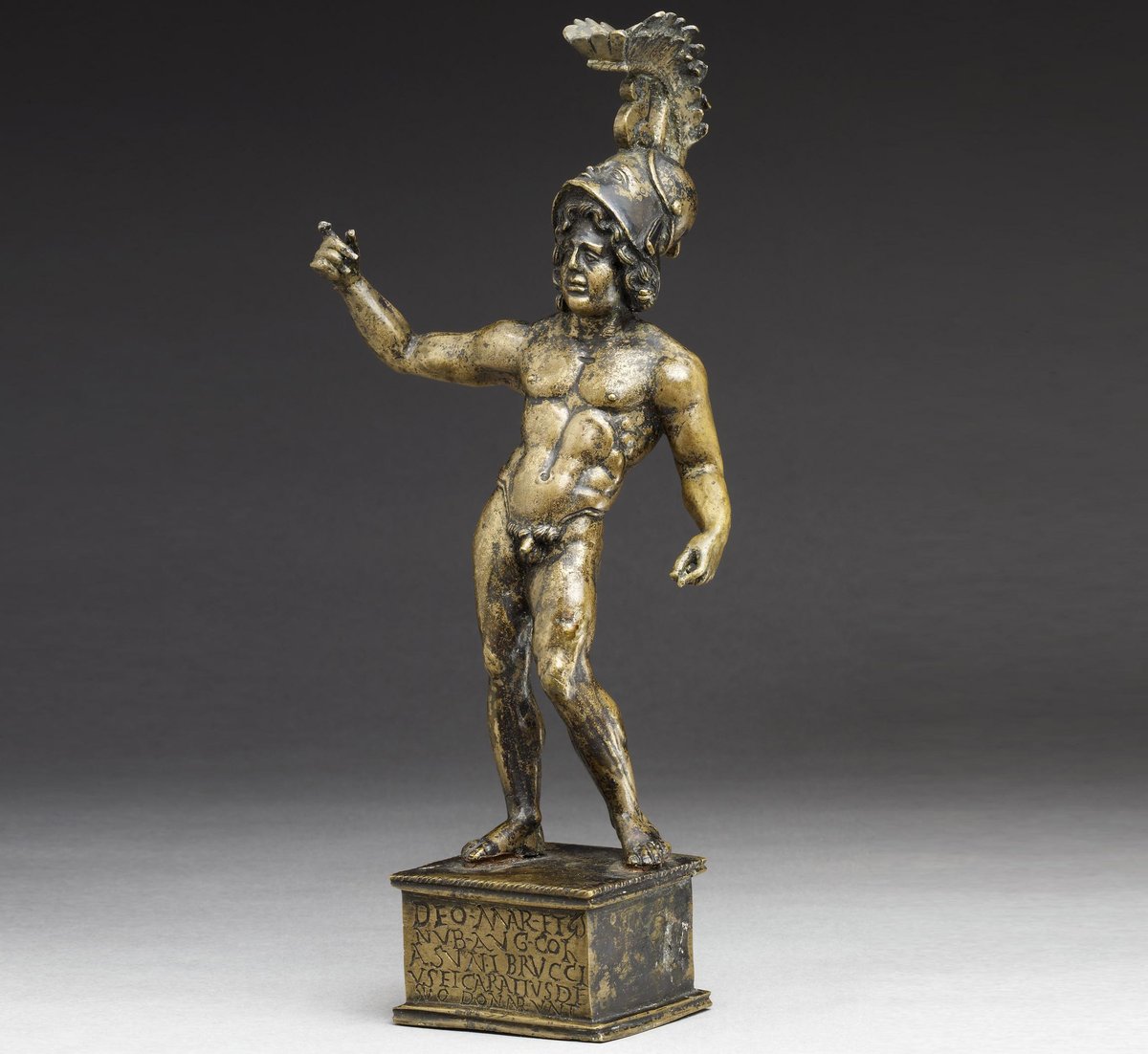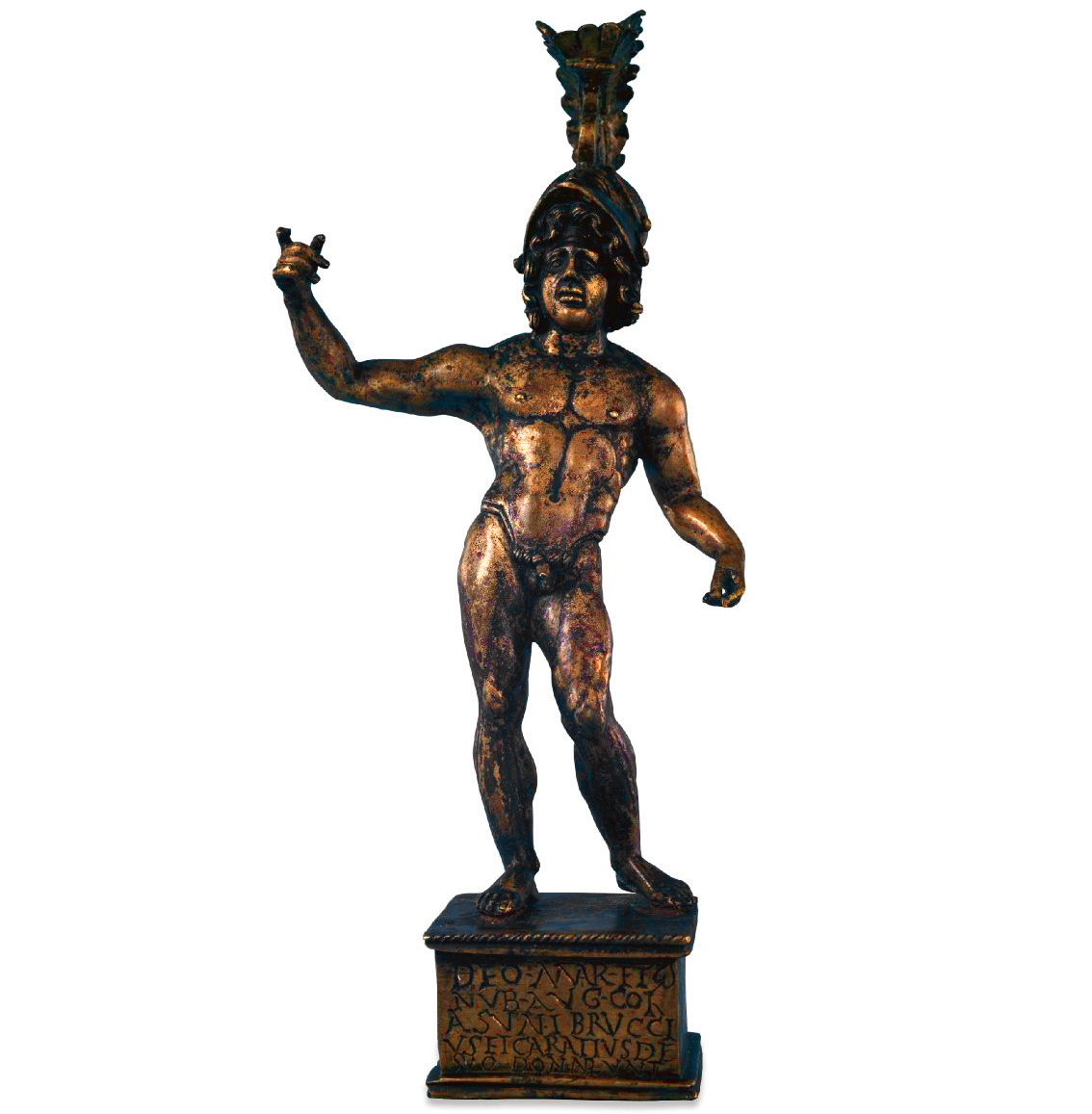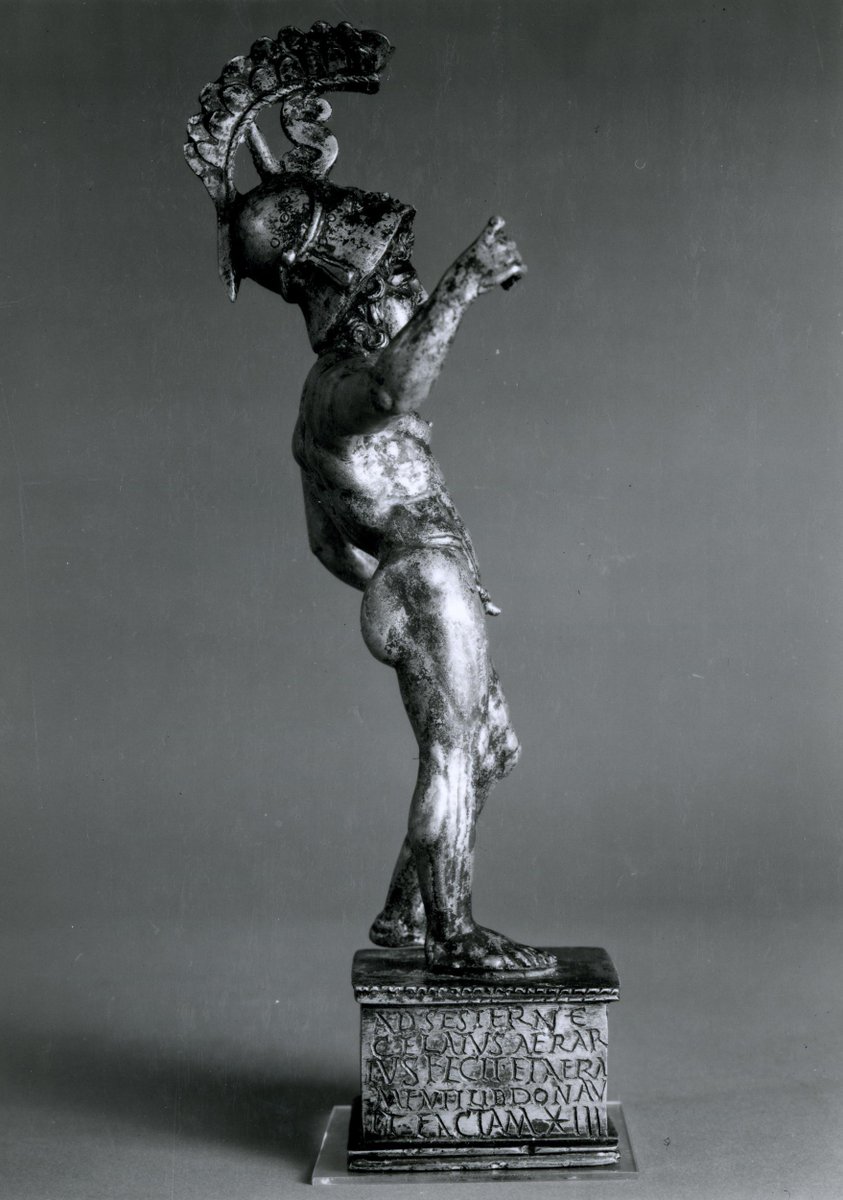
1) In the 2nd century a young Egyptian named Apion, from Philadelphia, enlisted in the Roman navy. He sailed across a stormy Mediterranean to the naval base at Misenum. When he arrived safely he wrote this letter to his father back in Egypt:
"Dear Epimachus, my father and lord..
"Dear Epimachus, my father and lord..

2) .."Before all else, I pray you are flourishing and in good health, and that my sister and her daughter and my brother are also well. I thank the Lord Serapis for keeping me safe when I was in danger during my sea voyage!.." 

3) ..."When I arrived at Misenum I received from the emperor three gold coins to compensate me for my travelling expenses - so I am well! I beg you father, write me a letter; firstly telling me about your health, secondly about the health of my brother and sister, and thirdly.. 

4) .."just so I can pay reverence to your handwriting. You educated me so well, I hope to advance quickly in the Roman navy, gods willing. I have also sent with the messenger a portrait of myself. My new Roman name is Antonius Maximus!"... 

5) "The name of my company is 'Athenonica'. I pray that you are well father."
Address: To Epimachus at Philadelphia, from his son Apion. This letter from Apion to be delivered via Julianus, the under-secretary at Alexandria."
(Letter from Apion (Antonius Maximus), BGU 423)
Address: To Epimachus at Philadelphia, from his son Apion. This letter from Apion to be delivered via Julianus, the under-secretary at Alexandria."
(Letter from Apion (Antonius Maximus), BGU 423)

So a new recruit from the provinces embarks on his career in the military, re-christened with a new Roman identity. The words of this 2,000-year-old letter could almost be those of any enthusiastic teenage soldier from any century in history, timeless and universal.
Apion's letter evidently travelled successfully from Italy to his father in Egypt, where it was discovered in 1894 - preserved by the arid, desert climate. The letter is now part of the Berlin Papyrus Collection and can be explored here: berlpap.smb.museum/privatbrief-ei… [END]
• • •
Missing some Tweet in this thread? You can try to
force a refresh

